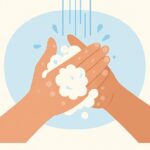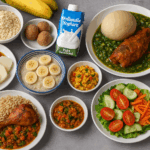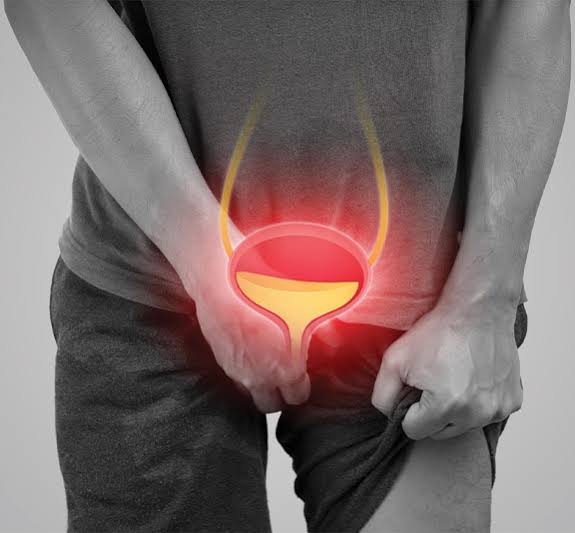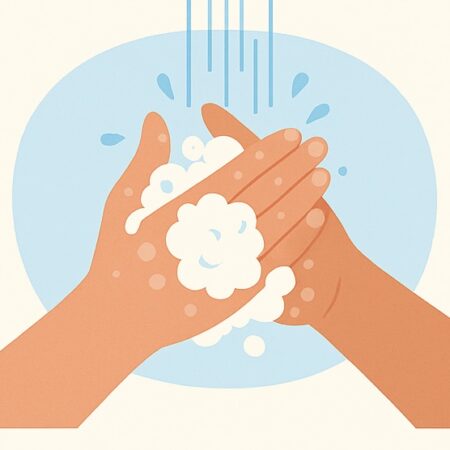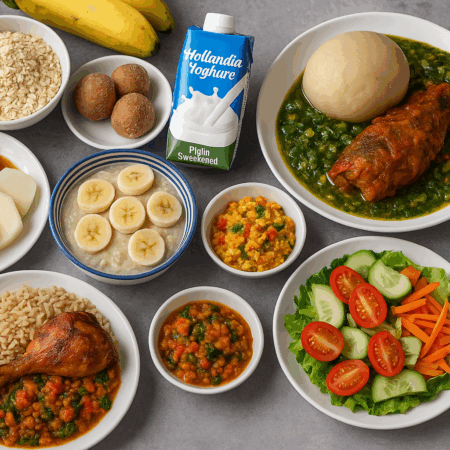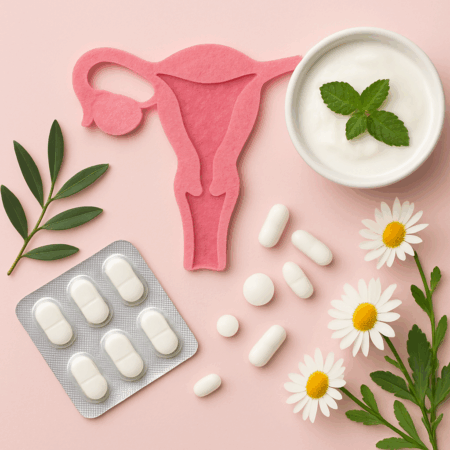Prostatitis: Symptoms, Causes, and Treatment Options for Nigerian Men
Prostatitis, a condition that affects the prostate gland, is more common than many Nigerian men realize. It can cause discomfort, pain, and urinary issues that interfere with daily life. In Nigeria, where many men tend to ignore health problems until they become severe, raising awareness about prostatitis is crucial.
If you’ve ever experienced painful urination, discomfort in the lower abdomen, or even pain during ejaculation, you might be dealing with prostatitis. The good news is that this condition is treatable—but first, let’s understand what it is, what causes it, and how Nigerian men can manage it effectively.
What Is Prostatitis?
Prostatitis refers to the inflammation of the prostate gland, a small organ located below the bladder that plays a crucial role in male reproductive health. This inflammation can be caused by bacterial infections, nerve-related issues, or muscle dysfunction.
There are four main types of prostatitis:
-
Acute bacterial prostatitis – A sudden and severe bacterial infection that causes fever, chills, muscle pain, painful urination, and difficulty passing urine. This is a medical emergency and requires immediate antibiotic treatment.
-
Chronic bacterial prostatitis – A long-term bacterial infection that causes mild but persistent urinary issues. It comes and goes and often affects older men.
-
Chronic nonbacterial prostatitis (Chronic Pelvic Pain Syndrome – CPPS) – The most common form, often linked to stress, nerve issues, or pelvic muscle problems. It is not caused by bacteria and does not respond to antibiotics.
-
Asymptomatic inflammatory prostatitis – No symptoms, but inflammation is detected during routine tests. This condition does not require treatment.
Common Symptoms of Prostatitis
If you’re experiencing any of the following symptoms, it may be time to visit a doctor:
-
Pain or burning sensation while urinating
-
Frequent urination, especially at night
-
Pain in the lower back, perineum (area between the scrotum and anus), or pelvic region
-
Painful ejaculation
-
Weak or interrupted urine flow
-
Fever, chills, and body aches (in acute cases)
Why Should Nigerian Men Pay Attention?
Many Nigerian men tend to ignore prostate-related health issues until they become severe. There are several reasons why prostatitis awareness is important in Nigeria:
-
Cultural Stigma: Talking about men’s health, especially urinary and sexual health, is often considered taboo.
-
Limited Access to Urologists: Many men in rural areas do not have access to specialized healthcare.
-
Self-Medication: It is common for men to buy over-the-counter antibiotics without proper diagnosis, leading to antibiotic resistance and ineffective treatment.
How Is Prostatitis Treated?
The treatment depends on the type of prostatitis:
1. Antibiotics for Bacterial Prostatitis
If a bacterial infection is present, doctors typically prescribe antibiotics like:
-
Fluoroquinolones (Ciprofloxacin, Levofloxacin) – These are commonly used but should only be taken under a doctor’s supervision.
-
Fosfomycin – An alternative if fluoroquinolones fail due to antibiotic resistance.
In severe cases, hospitalization may be necessary.
2. Medications for Chronic Nonbacterial Prostatitis (CPPS)
Since CPPS is not caused by bacteria, antibiotics won’t work. Instead, treatment options include:
-
Pain relievers (Ibuprofen, Diclofenac) to reduce inflammation.
-
Alpha blockers (Tamsulosin/Flomax) to relax prostate muscles and improve urine flow.
-
PDE5 inhibitors (Tadalafil/Cialis) to improve blood circulation to the prostate.
3. Lifestyle and Natural Remedies
Many Nigerian men prefer natural remedies. While these should not replace medical treatment, they can be helpful:
-
Saw Palmetto – A herbal supplement known to support prostate health.
-
Pumpkin Seeds – Rich in zinc, which may support prostate function.
-
Regular Exercise – Helps improve blood flow and reduce stress, which can contribute to CPPS.
-
Hydration – Drinking plenty of water can help flush out bacteria in cases of bacterial prostatitis.
4. Physical Therapy and Stress Management
-
Pelvic floor relaxation therapy – Helps relieve tight muscles in the pelvic area.
-
Acupuncture – Some studies suggest acupuncture can relieve pain and improve symptoms.
-
Mindfulness and Stress Reduction – Since CPPS is often linked to stress, practices like yoga, meditation, and deep breathing exercises can help.
When Should You See a Doctor?
If you experience severe pain, fever, difficulty urinating, or notice blood in your urine or semen, see a doctor immediately. A urologist can properly diagnose your condition and recommend the right treatment.
Final Thoughts: Don’t Ignore Prostate Health!
Prostatitis is a serious condition that Nigerian men should not ignore. Whether you are experiencing symptoms or just want to maintain good prostate health, taking proactive steps can make a huge difference.
-
Get regular check-ups, especially if you’re over 40.
-
Avoid self-medication—always consult a doctor.
-
Maintain a healthy lifestyle to reduce your risk.
Men’s health should never be a taboo topic. Share this information with friends and family—because awareness saves lives!



